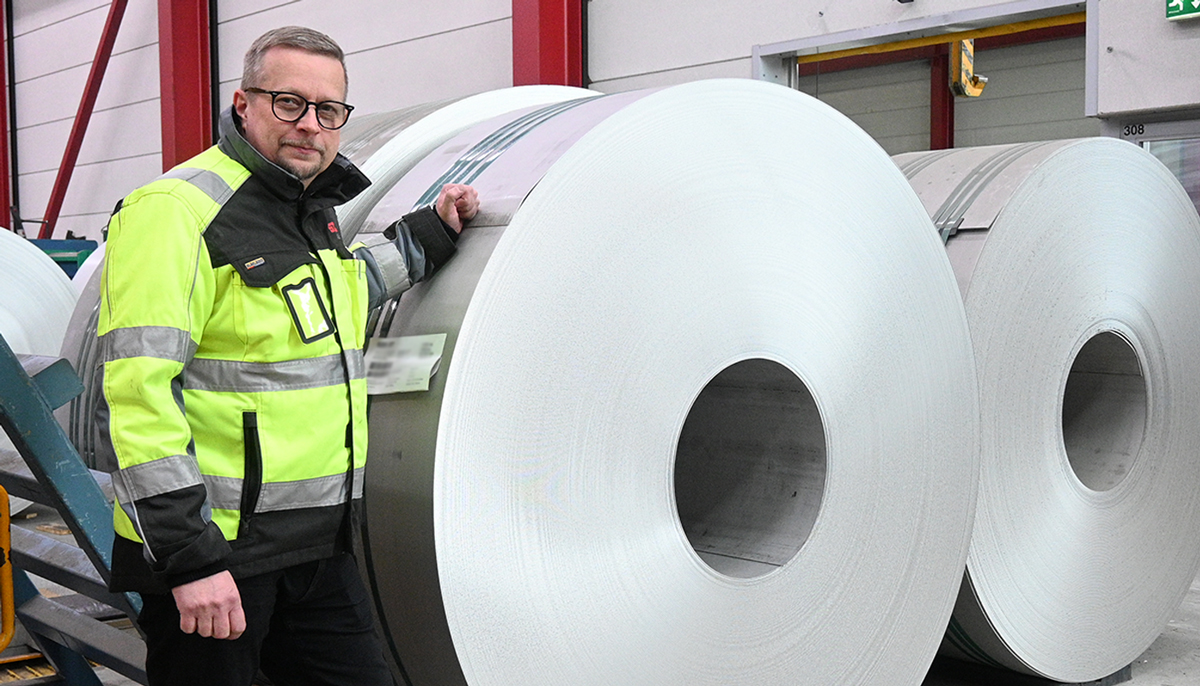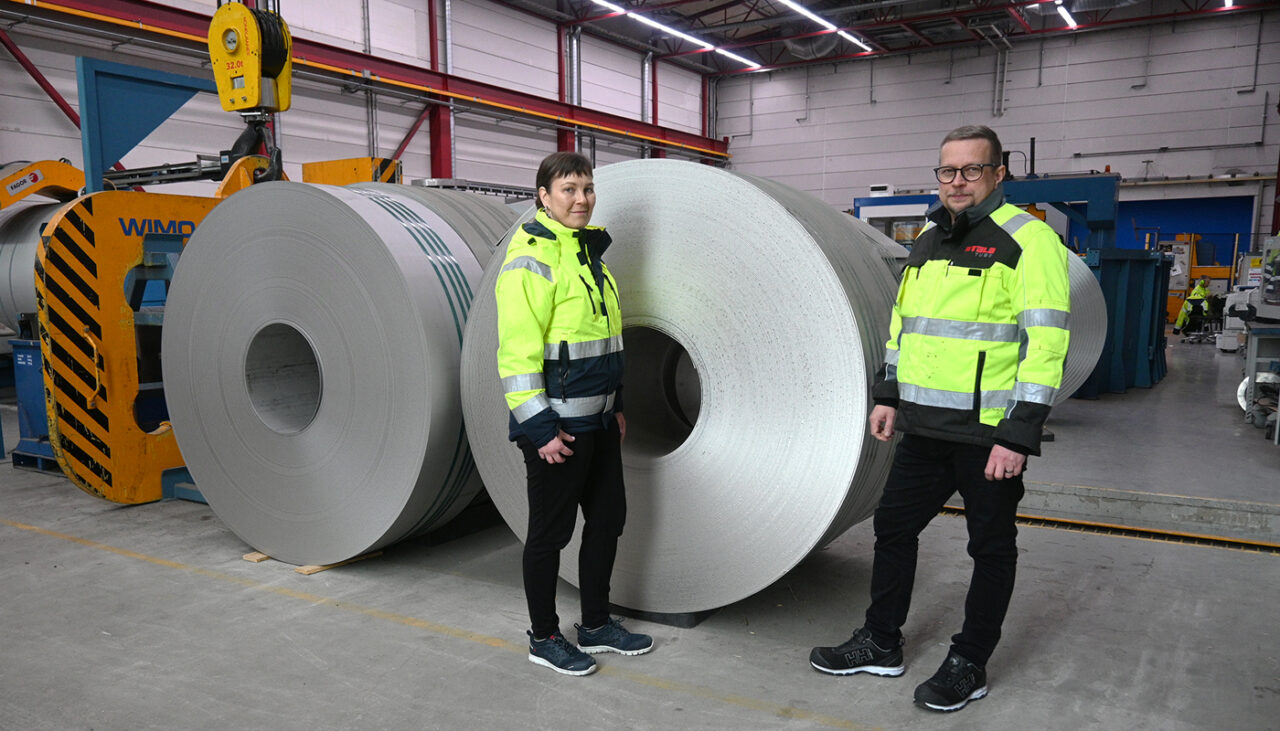Today, sustainability is also a strong driver of purchasing decisions in manufacturing industry. This includes not only raw material suppliers, but also transport and logistics services. Reliable and responsible sourcing is also a necessity for Stalatube to meet high customer and stakeholder expectations, to remain competitive and to manage risks.
Environmental sustainability
Companies environmental sustainability is measured throughout the production chain. It is therefore essential to identify where the Stalatube’s main emissions come from and how they can be controlled. A study commissioned by the Stalatube found that around 90% of the carbon footprint of the Stalatube manufactured product comes from the raw material.
Our customers are interested in carbon footprint calculations because they can in turn have a significant impact on the carbon footprint of their own products through their own sourcing strategy. It’s a multiple chain that accumulates the further up the supply chain you go towards the end user.
Tanja Pakarinen, EQHS and Sustainability Engineer.
The carbon footprint calculation under the GHG Protocol includes the mandatory scope 1 and scope 2 emissions, i.e. direct emissions from the factory and emissions from the production of purchased energy. The inclusion of scope 3 emissions in the overall calculation is optional, but gives a true picture of the impact of the Stalatube’s overall operations. Scope 3 is the largest in the emission structure of manufacturing companies, as it is for Stalatube (98.4%).
Indeed, one of the major contributors to Scope 3 emissions is material procurement. Stalatube makes operational policies that reduce the Stalatube’s emissions and the emission factors of the finished products. For example, replacing virgin raw materials with recycled ones significantly reduces the carbon footprint of the raw material and further reduces the carbon footprint of the Stalatube’s own product. Here, Stalatube guarantees a minimum of 75%, i.e. 75% of the raw material used to make the products is recycled. In practice, almost without exception, this is already more than 80%. This is based on choice, i.e. we only work with suppliers who use more than 75% recycled steel in their raw materials. We monitor the emissions from the raw materials we buy on an annual basis.
Economic and social sustainability
When it comes to financial sustainability, it is a essential to make a check and ensure that the supplier’s financial situation, regulatory obligations and other obligations are in order when the contract is signed.
Social sustainability includes, for example, the ethics of the workforce and respect for human rights. In relation to the creation and review of an ethical code of conduct, a code of conduct for suppliers will be drafted during 2024.
A toolkit to support responsible sourcing
In relation to the stakeholder analysis, the risk assessment of suppliers and the overall definition of the level of sustainability, Stalatube carried out a survey of raw material suppliers at the end of 2023 to assess the level of responsibility of suppliers. On the basis of this survey, a set of indicators (Kpi) e.g. specifications for steel procurement will be built. This will ensure that the new supplier meets the required criteria before starting cooperation.
Responsible supplier management can also be seen as a resilience-building activity for the Stalatube. Once critical suppliers have been identified, risks have been verified and a flexible and trusting relationship with suppliers has been established, we can already talk about sustainable supplier management,” says Tanja.
The same set of survey and measurement tools will also be implemented for transport companies during 2024.

Supplier audits as part of the annual plan
In the future, Stalatube will follow an annual supplier audit plan, where suppliers are selected according to their importance and criticality. The plan will include one steel supplier, a transporter and a few subcontractors. This will ensure that even long-term suppliers will not slip the required criteria, even in a difficult situation.
Strategic sourcing is a way of protecting our backs even in bad times. Buying is easy when goods are readily available.
Sami Kaijanen, Stalatube’s Purchase and Logistics Director
Sami continues: “As the situation becomes more demanding, the strategic importance of professional, planned procurement comes into play. In an ever-changing global context, procurement is an important link to the external environment and strongly linked to Stalatube’s reputation. Instructive examples of this have emerged in recent years, including during Covid-19 and the war in Ukraine.”
